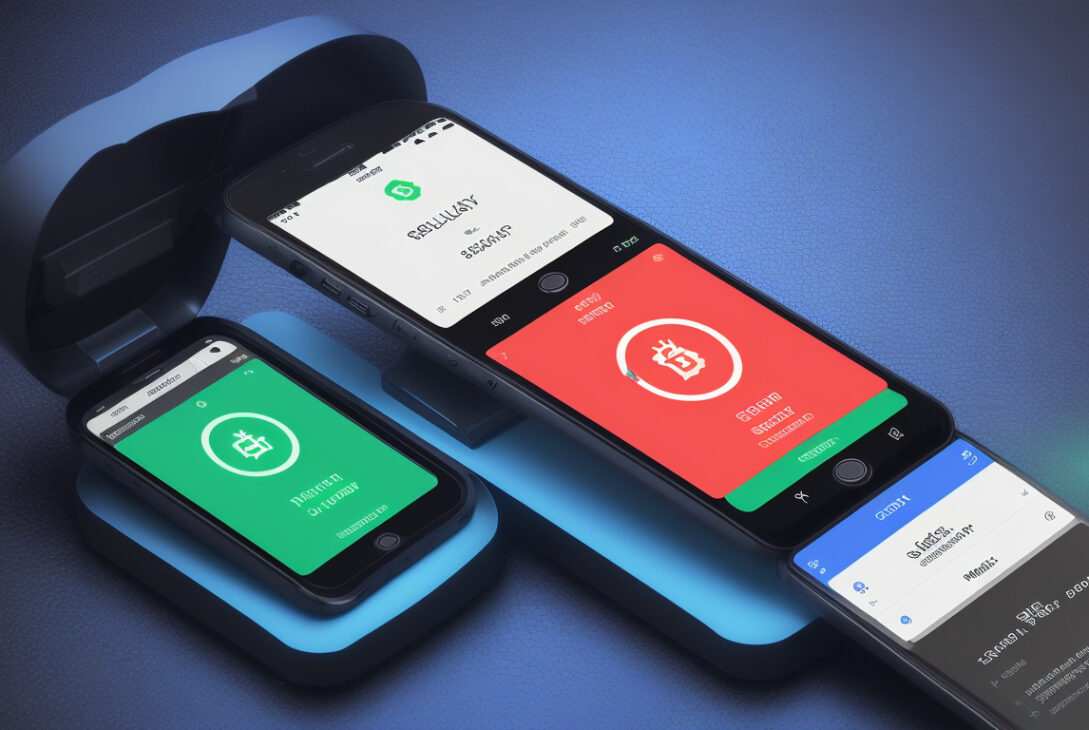In the digital world, assets change fast. Securing your crypto wallet remains critical. This wallet acts as your gateway and secures keys. It protects from hacks, theft, or loss. Traders both old and new need to know wallet security well.
In this guide, we share crypto wallet security tips every investor must know. These tips help keep digital assets safe.
──────────────────────────────
What Is a Cryptocurrency Wallet?
A cryptocurrency wallet is a tool—a program or device—that holds private and public keys. It lets you send, get, and hold crypto coins. Unlike normal wallets that hold money, crypto wallets hold keys that work on the blockchain.
There are several wallet types:
- Hardware Wallets: Devices that save private keys offline.
- Software Wallets: Apps on your computer or phone.
- Web Wallets: Online sites you visit.
- Paper Wallets: Printed or written key records.
Each wallet type offers its own security, ease, and risk.
──────────────────────────────
Why Is Cryptocurrency Wallet Security Crucial?
Cryptocurrencies work on a decentralized blockchain. If private keys are lost or stolen, funds vanish. Crypto trades do not reverse. There is no central bank to fix a hack.
Hackers find wallet faults, use phishing tricks, or count on user mistakes. Thus, strong security helps protect your funds.
──────────────────────────────
Top Cryptocurrency Wallet Security Tips Every Investor Should Follow
Here are vital practices to guard your wallet:
──────────────────────────────
- Use Reputable Wallet Providers
Download wallets only from official sites or trusted stores. Scam wallets may steal your keys. Choose wallets with good reviews, steady updates, and clear development teams.
──────────────────────────────
2. Enable Two-Factor Authentication (2FA)
When available, add 2FA. This adds a step—like a time-based code via Google Authenticator or a hardware token—that stops unwelcome access.
──────────────────────────────
3. Protect Your Private Keys and Seed Phrases
Your private key or seed phrase gives total access to funds. Do not share them online or store them in plain digital form. Write them on paper, and keep that paper safe and hidden.
──────────────────────────────
4. Use Hardware Wallets for Large Holdings
For large amounts, use hardware wallets like Ledger Nano or Trezor. They keep keys offline and safe from malware and hacks. This balance of security and ease fits big investments.

──────────────────────────────
5. Avoid Public Wi-Fi Networks When Accessing Wallets
Public Wi-Fi is weak and easy for hackers. Use a secure private network or a VPN so your connection stays encrypted.
──────────────────────────────
6. Keep Your Software Updated
Wallet apps get patches that fix faults. Using old software is risky. Make updating wallets and firmware a habit.
──────────────────────────────
7. Backup Your Wallet Securely
Keep secure backups of your seed phrases or private keys in more than one safe place. These backups let you recover funds if you lose or break a device.
──────────────────────────────
8. Beware of Phishing and Scam Attempts
Do not click on strange links or answer unexpected emails asking for wallet details. Always check website addresses, especially when logging in or trading.
──────────────────────────────
9. Use Multi-Signature Wallets If Possible
Multi-signature wallets need several keys to send funds. This extra step boosts security for group or private accounts.
──────────────────────────────
10. Cold Storage Can Be Your Best Friend
Cold storage means keeping keys entirely offline. When keys have no connection to the internet, remote hacks become far less likely.
──────────────────────────────
Summary of Cryptocurrency Wallet Security Best Practices
Remember this checklist to secure your wallet:
• Pick trusted and reviewed wallet providers.
• Enable two-factor authentication (2FA).
• Never share your private keys or seed phrases.
• Rely on hardware wallets for large sums.
• Avoid public Wi-Fi; use VPNs when needed.
• Keep wallet software and firmware updated.
• Backup keys in multiple secure spots.
• Stay alert to phishing attempts.
• Think about multi-signature options.
• Use cold storage for long-term holdings.
──────────────────────────────
FAQ on Cryptocurrency Wallet Security
Q1: How do I recover my wallet if I lose my device?
A: Use your seed phrase or private keys to recover funds on a compatible wallet app. Keep backups offline and secure.
Q2: Is a hardware wallet worth the cost?
A: Yes. Hardware wallets keep keys offline, reducing the risk of hacks compared to software wallets.
Q3: Can one wallet hold many cryptocurrencies?
A: Yes. Many wallets support several coins. Still, check that each coin is safe and compatible before you merge them.
──────────────────────────────
Trusted Source for Further Reading
For added details, the official Bitcoin site gives robust guidelines (source: https://bitcoin.org/en/secure-your-wallet).
──────────────────────────────
Final Thoughts: Protect Your Digital Wealth Now
As crypto grows more vast and complex, your wallet’s security must stay a top aim. Use these tips to guard your investments. Begin with a trusted wallet, enable 2FA, and store private keys securely. By defending your digital assets, you protect your gains and help build a safer crypto space.
Ready to secure your crypto wallet? Equip yourself now with the right tools and the right knowledge to guard your digital future.










